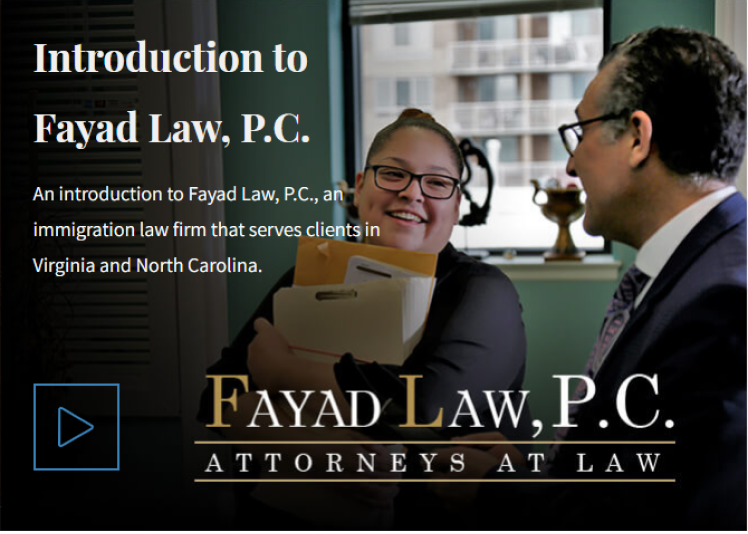Non-Immigrant Treaty visas to the US.
The Treaty Trader (E-1) or Treaty Investor (E-2) visa is for a national of a country with which the United States (U.S.) maintains a treaty of commerce and navigation who is coming to the U.S. to carry on substantial trade, including trade in services or technology, principally between the U.S. and the treaty country, or to develop and direct the operations of an enterprise in which the national has invested, or is in the process of investing a substantial amount of capital, under the provisions of the Immigration and Nationality Act.
E-2 – TREATY INVESTOR
U.S immigration policy supports investors and foreign commerce in a variety of ways. The E-2 visa is issued to individuals known as “treaty investors”. A treaty investor is defined as a national of a country with which the United States maintains a treaty of commerce and navigation.
The treaty investor must be able to demonstrate that they are coming to the U.S. to partake in either a substantial investment (including business in services or technology between, primarily, the U.S. and the treaty nation); or to direct the operations of a business in which the E-2 holder has invested or will soon invest a substantial amount of money.
E-2 visa holders must own more than fifty percent of the proposed investment, unless that person is entering the U.S. as an employee of a business providing more than fifty percent of the total investment.
E-2 visa holders may remain in the United States for up to two years. Your spouse and/or children under the age of 21 may accompany you under derivative status.
E-1 VISA – TREATY TRADER
U.S immigration policy supports investors and foreign commerce in a variety of ways. The E-1 Visa is issued to individuals known as “treaty traders”. A treaty trader is defined as a national of a country with which the U.S. maintains a treaty of commerce and navigation.
The E-1 applicant must be coming to the U.S. to carry on substantial trade, or to develop and direct the operations of a business in which he or she has invested or will soon invest a substantial amount of capital.
The E-1 visa application may be turned in to the U.S. consular in the applicant’s home country. E-1 visa holders may remain in the United States for up to two years.
Spouses and children of E-1 visa holders may accompany the treaty trader; however, spouses must apply to USCIS in order to work in the U.S.
Introducción A La Ley De Fayad, P.C.

¿tiene Preguntas Sobre Sus Derechos? Listo Para Discutir Tu
Caso De Inmigración? Comuníquese Con Fayad Law, P.C. Ahora.
¿Qué diferencia a Fayad Law, P.C.?

Experiencia De Primera Mano
Como Inmigrantes

Inglés, Árabe, Francés,
Ruso Y Español

Una Trayectoria Probada
De Éxito

Personal, uno a uno
Atencion

Te Mantienes Informado
En Todo Momento

Nos Esforzamos Por El Cliente
Satisfacción
FAQs - Preguntas frecuentes
Hay docenas de diferentes tipos de visas disponibles bajo las disposiciones de la Ley de Inmigración y Nacionalidad (INA), pero todas pueden clasificarse en dos categorías: visas de inmigrante y no inmigrante. La primera es destinada para aquellos que desean establecerse como residentes permanentes y, posiblemente, obtener la naturalización o la ciudadanía. La segunda es para aquellos que planean únicamente visitar los Estados Unidos, por ejemplo, por motivo de negocios o de estudios.
La INA establece los límites de personas que podrán emigrar cada año a los Estados Unidos utilizando ciertos tipos de visas, mientras que otras son ilimitadas. Las visas de inmigración familiar para familiares directos de ciudadanos estadounidenses están disponibles de forma ilimitada, mientras que hay cuotas anuales establecidas para los familiares de residentes permanentes legales y la familia de los ciudadanos, con una cuota máxima de 480,000. El número de visas de inmigración basadas en empleo está limitado a 140,000 por año.
Las vías para obtener la ciudadanía incluyen el servicio militar en los Estados Unidos y la adopción, pero un gran porcentaje de todas las personas que se convierten en ciudadanos lo hacen a través del proceso de naturalización. Los requisitos básicos para la naturalización incluyen:
- Haber vivido en EE.UU como residente permanente durante 5 años (o 3 años para el cónyuge de un ciudadano estadounidense).
- Tener al menos 18 años de edad.
- Vivir dentro del estado en donde realizará la solicitud de ciudadanía por al menos 3 meses antes de la fecha de solicitud.
- Haber estado físicamente presente en el país durante al menos la mitad de los últimos 5 años.
- Ser capaz de leer, escribir y hablar Inglés.
- Tener conocimientos básicos sobre el Gobierno de EE.UU. y educación cívica.
También es necesario comprobar que es una persona de buen carácter moral y de que está apegado a los principios de la Constitución de EE.UU. Podemos ayudarle a comprobar estos factores, así como a preparar su solicitud y a prepararse para sus exámenes.
Clientes Reales, Reseñas Reales
Contacte Con Nosotros Hoy Mismo
¿Tiene preguntas sobre sus derechos? ¿Está listo para tratar su asunto legal? Póngase en contacto con Fayad Law P.C. ahora mismo


















